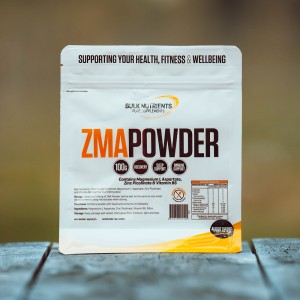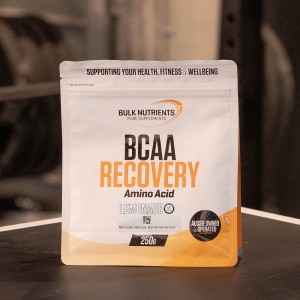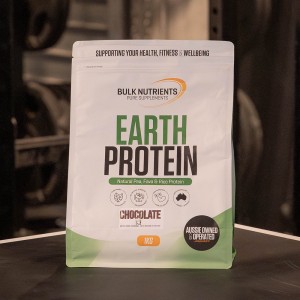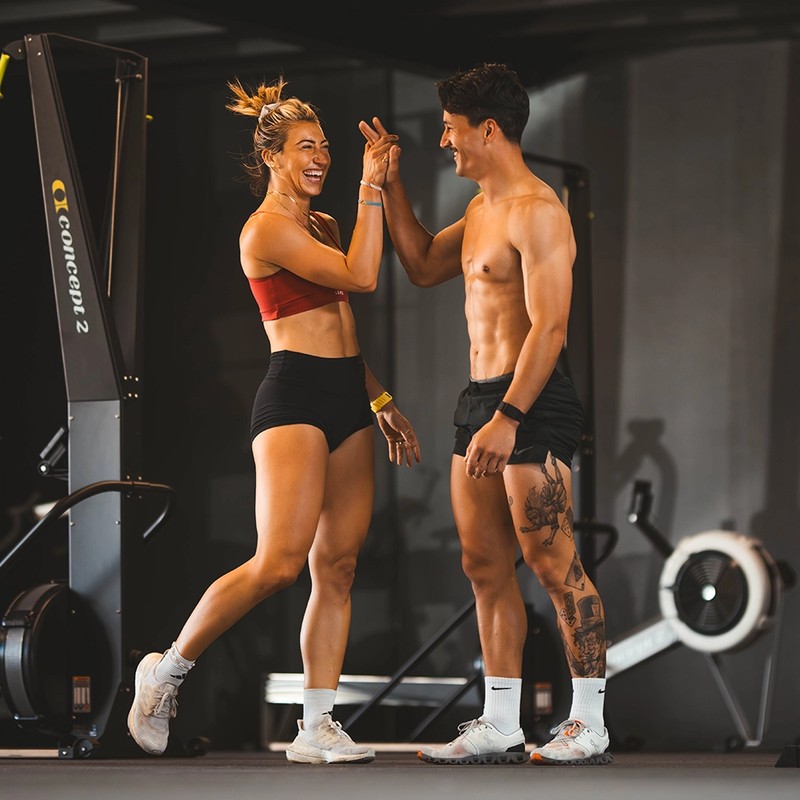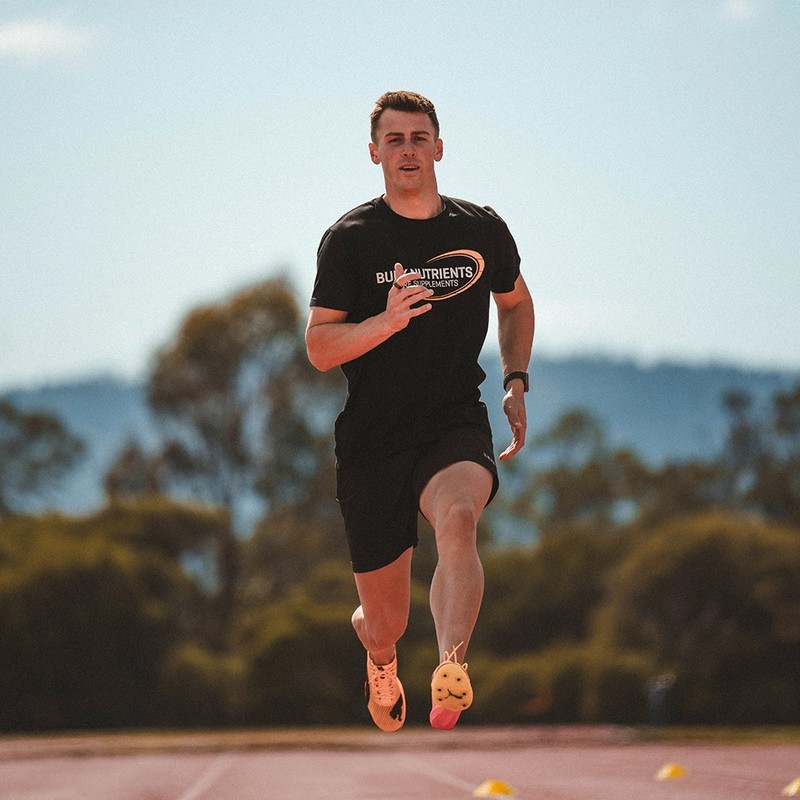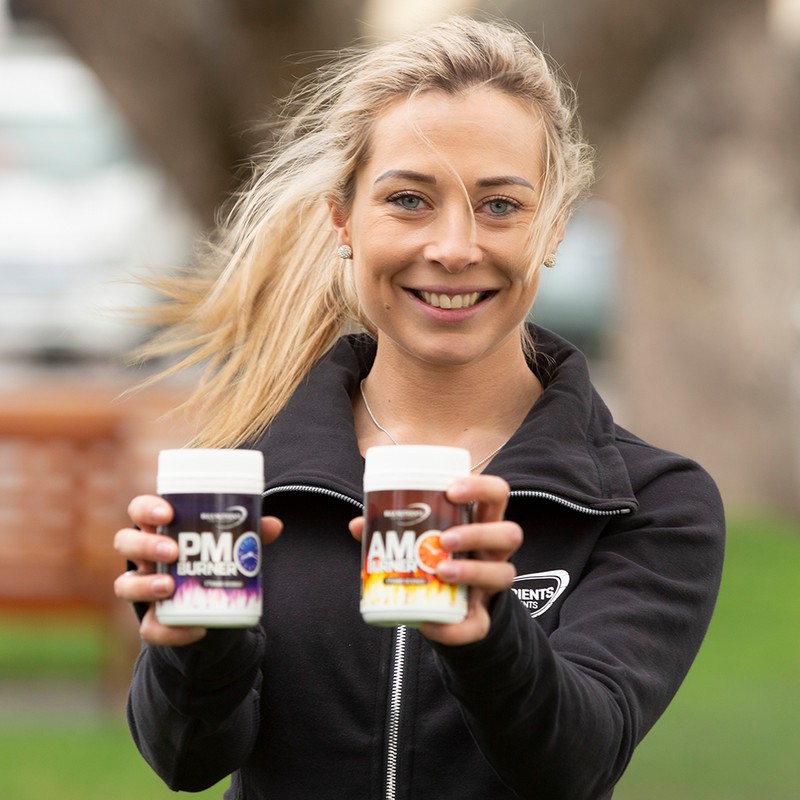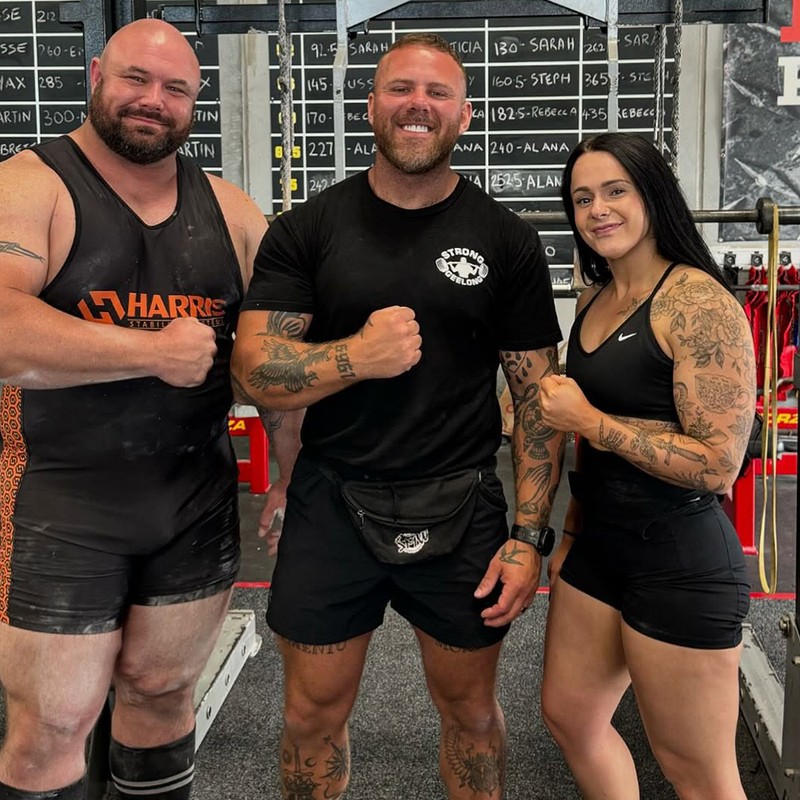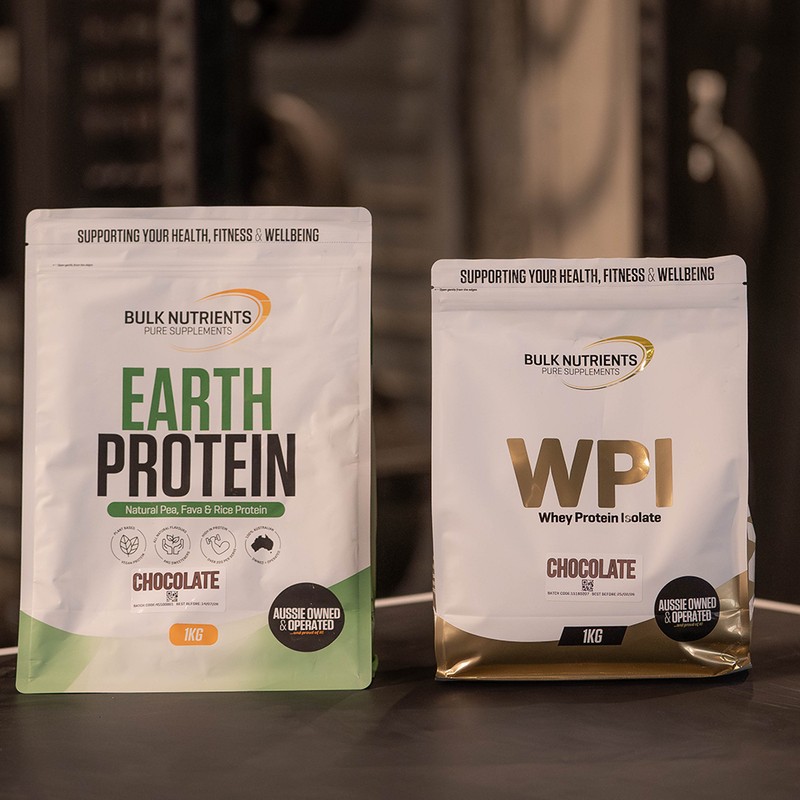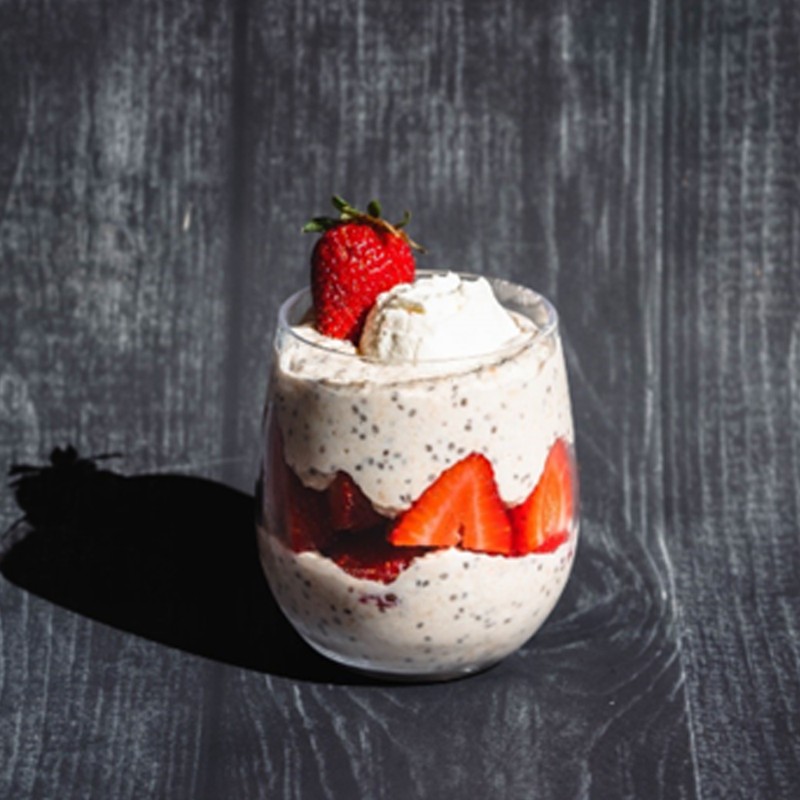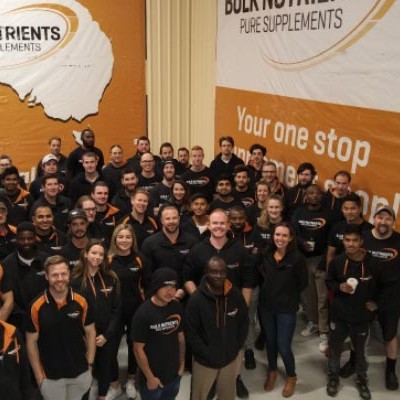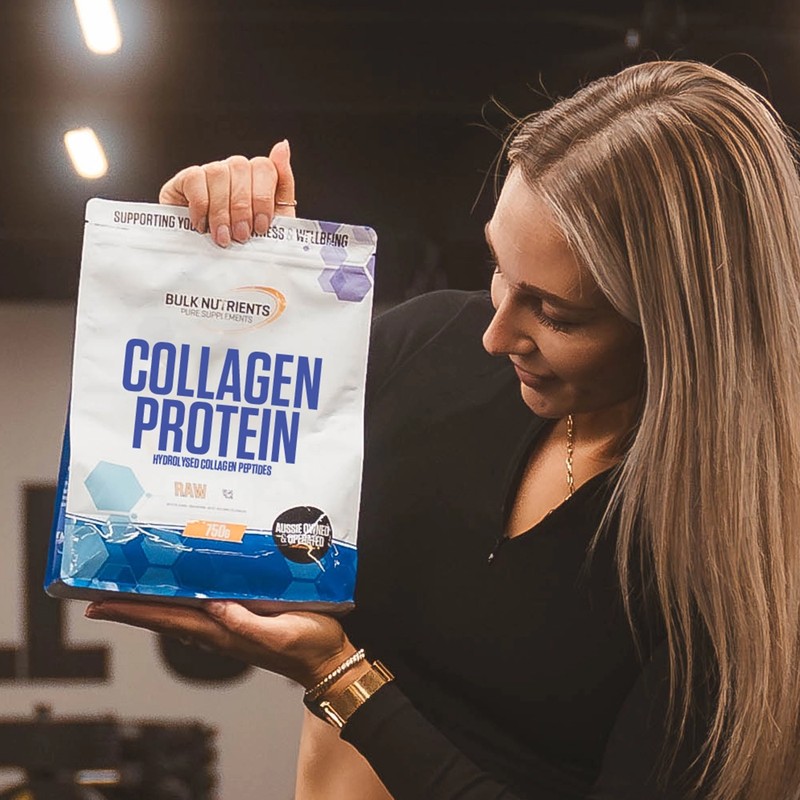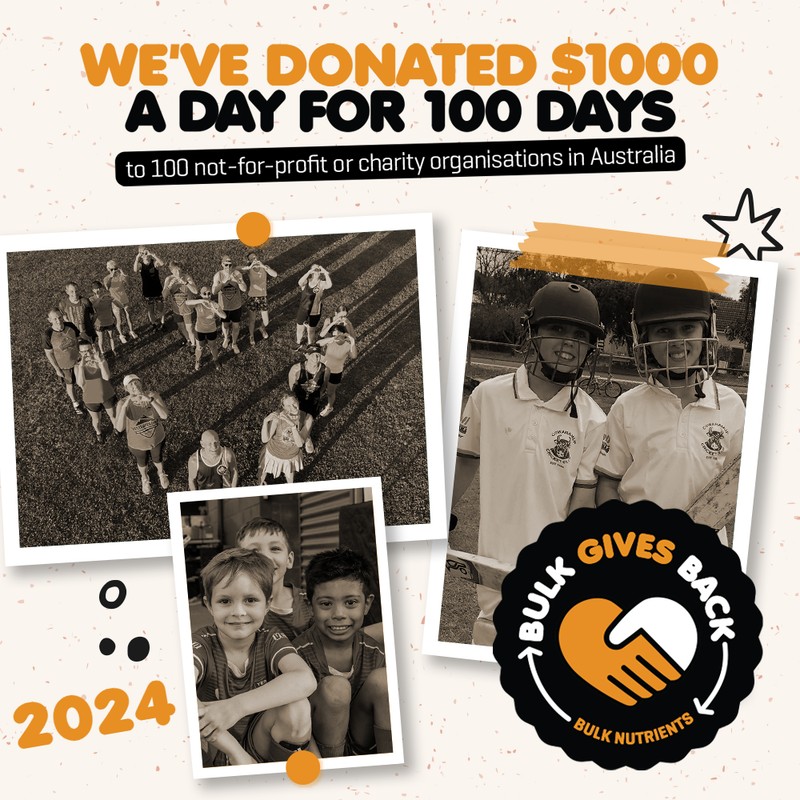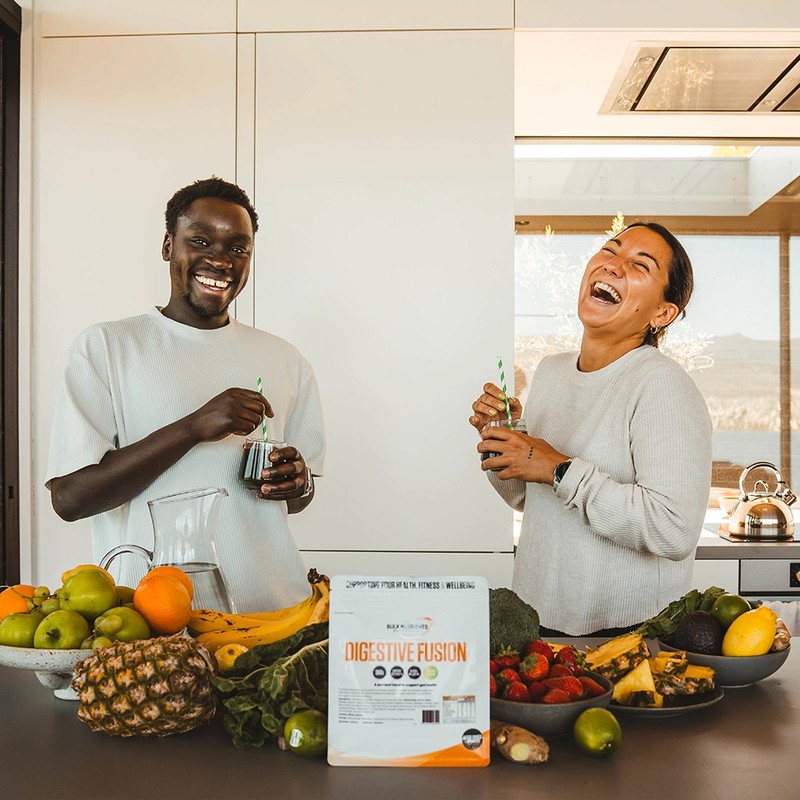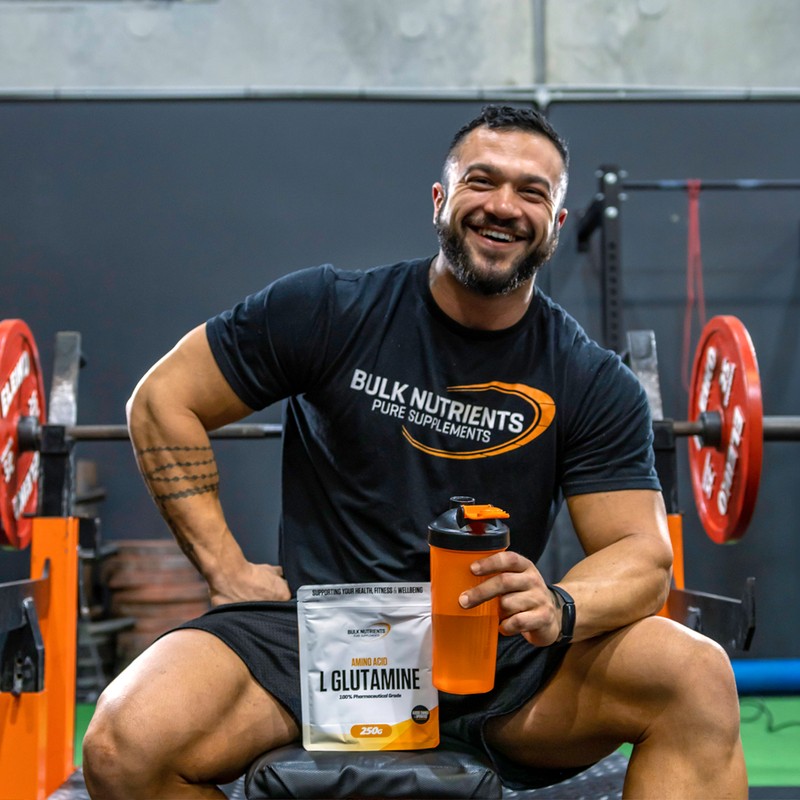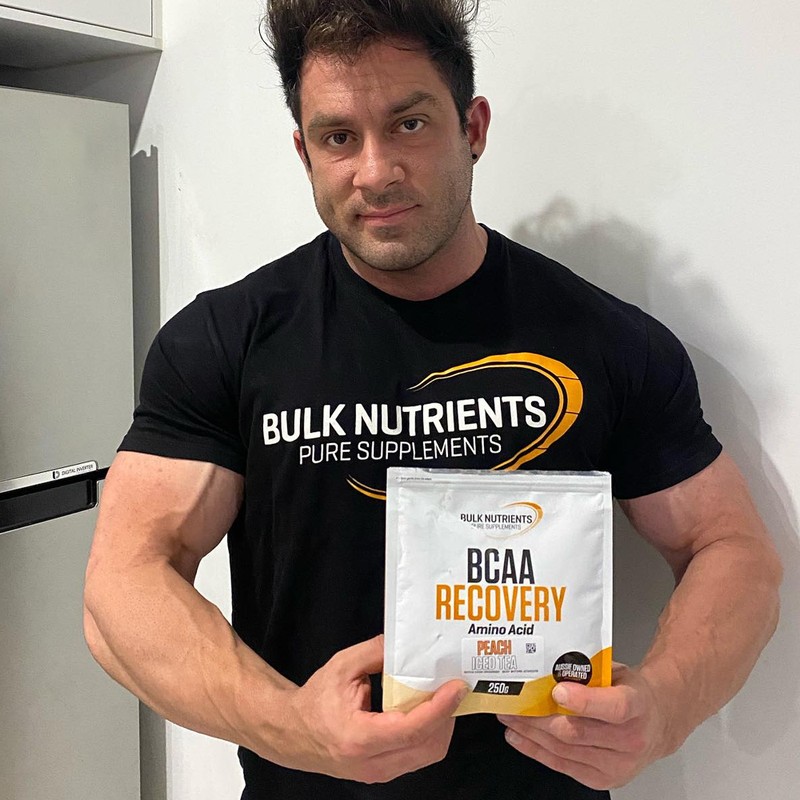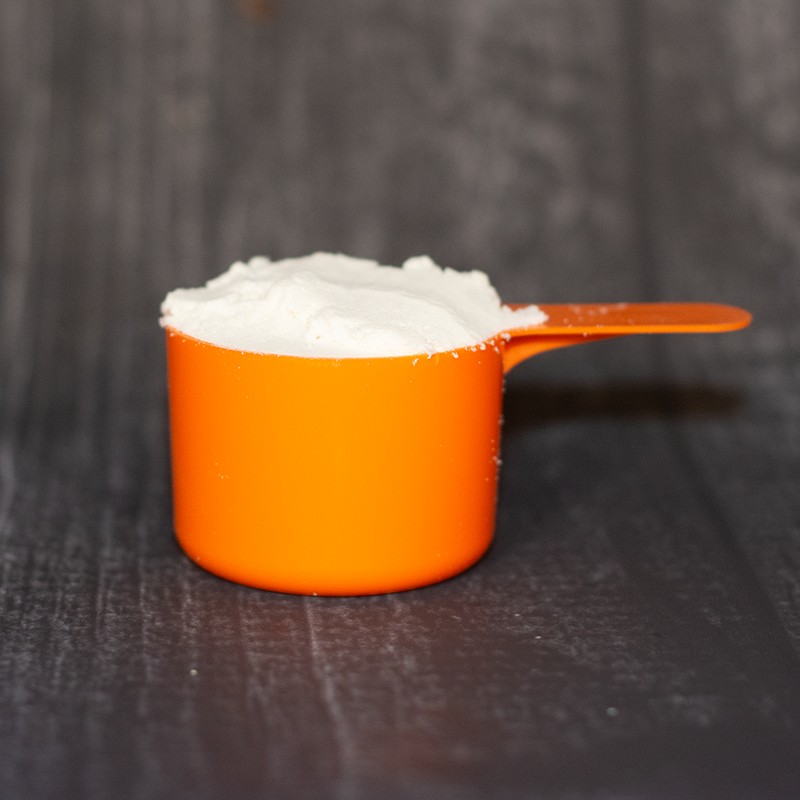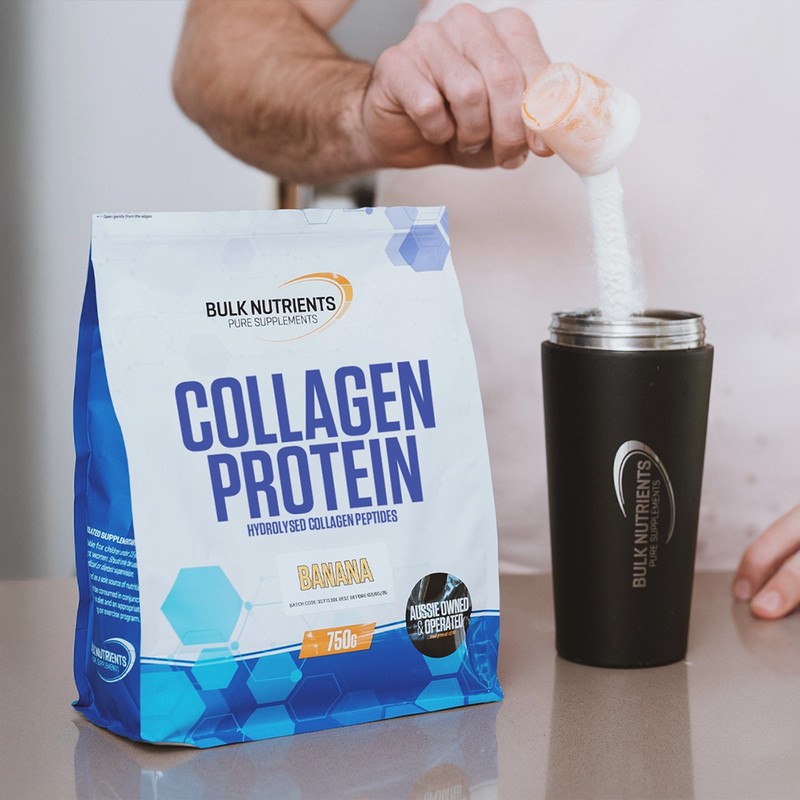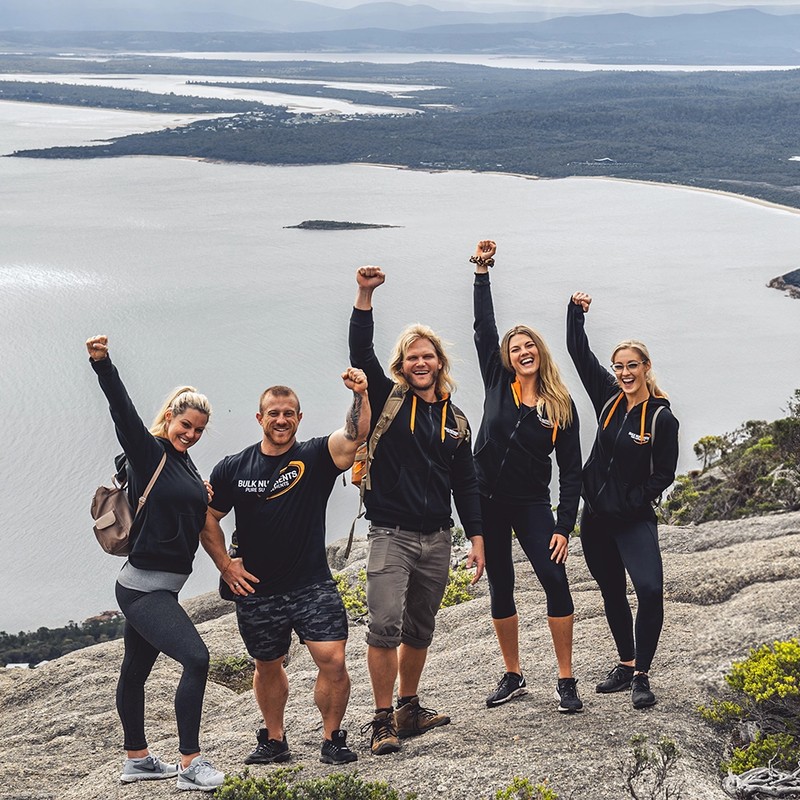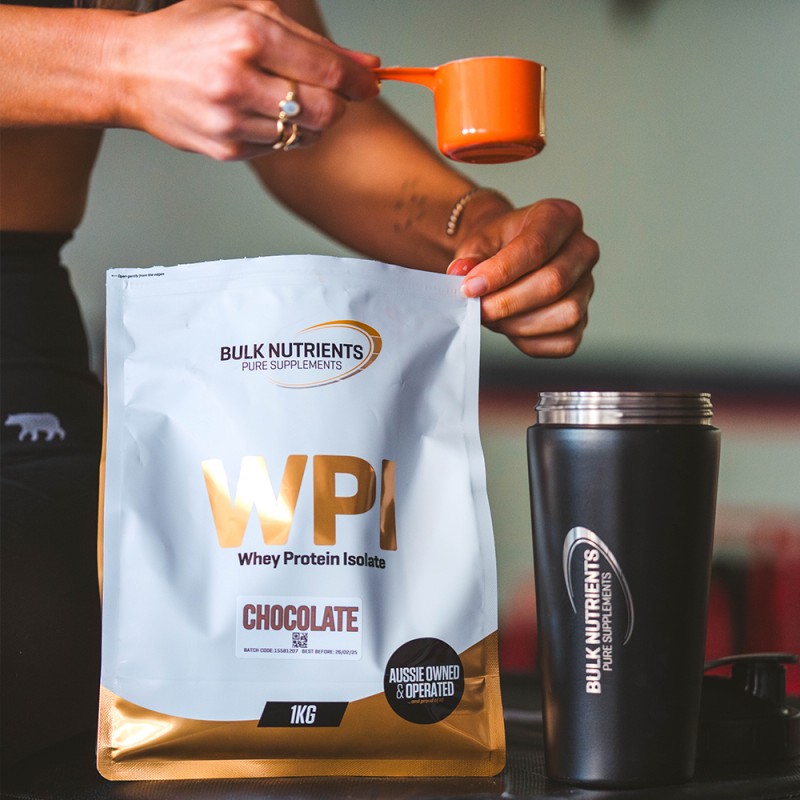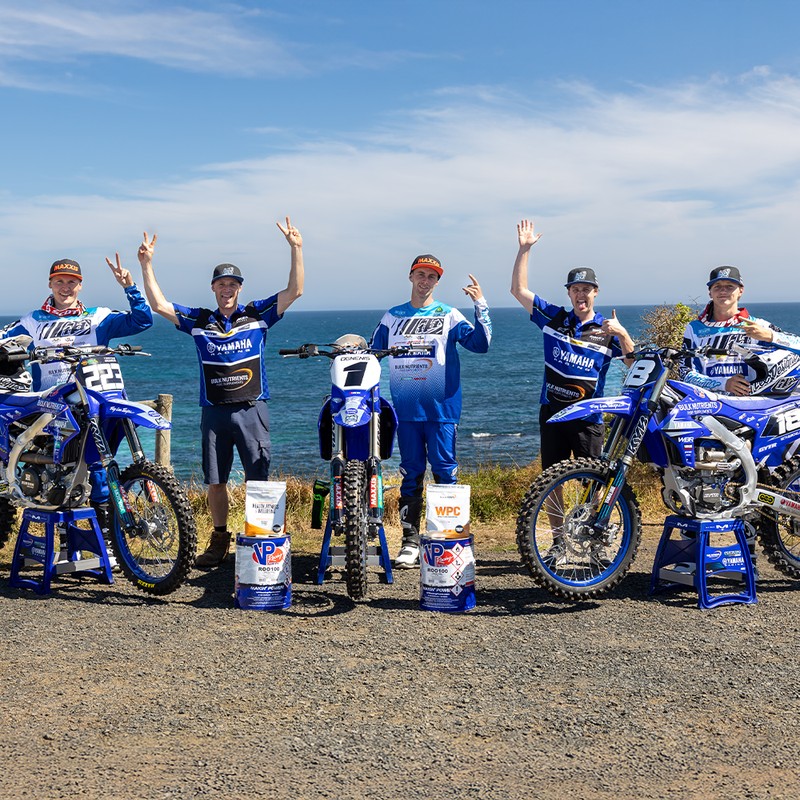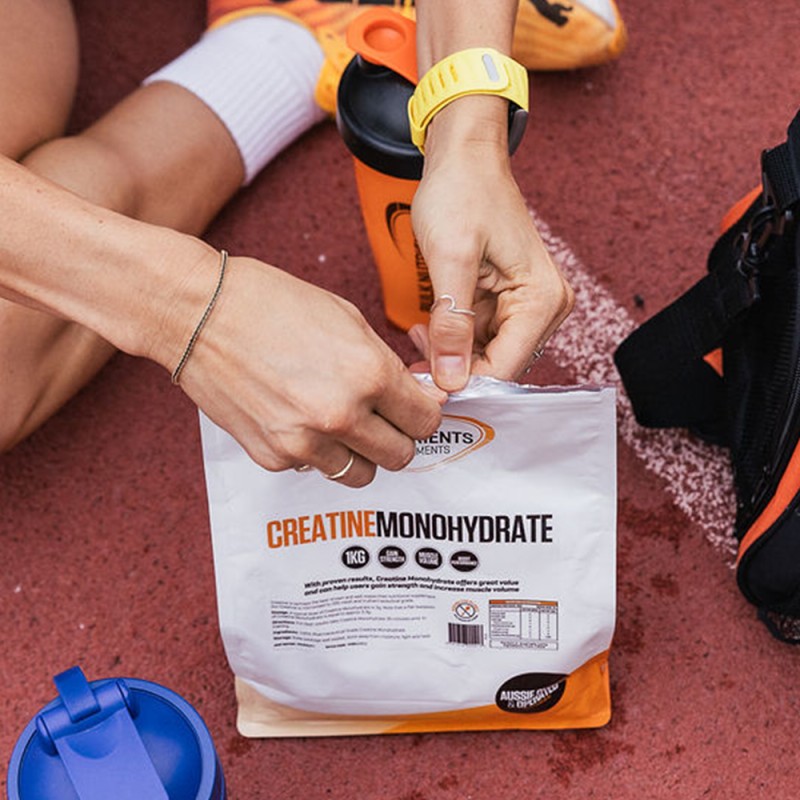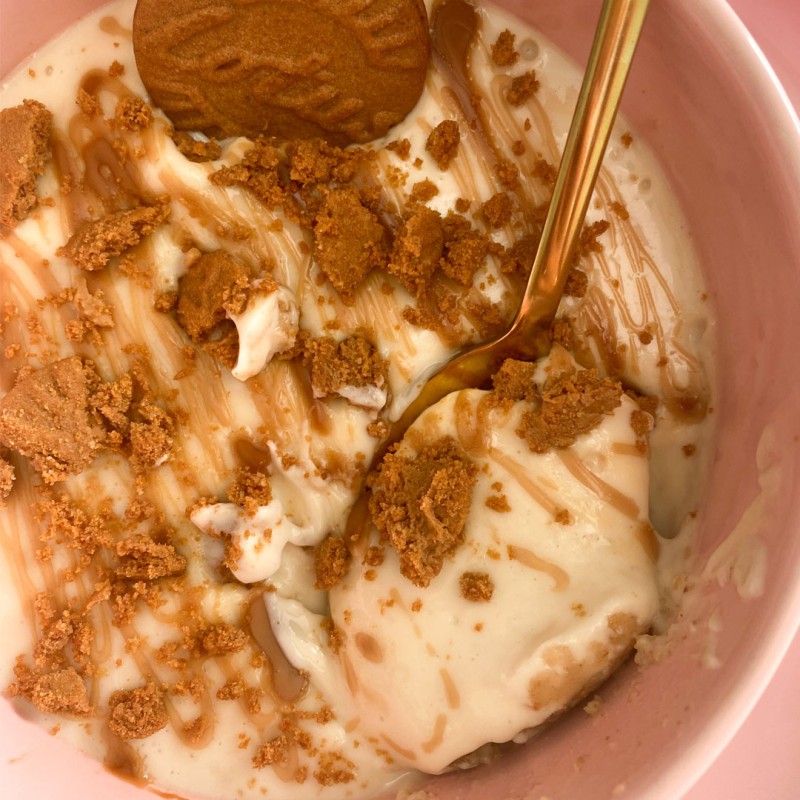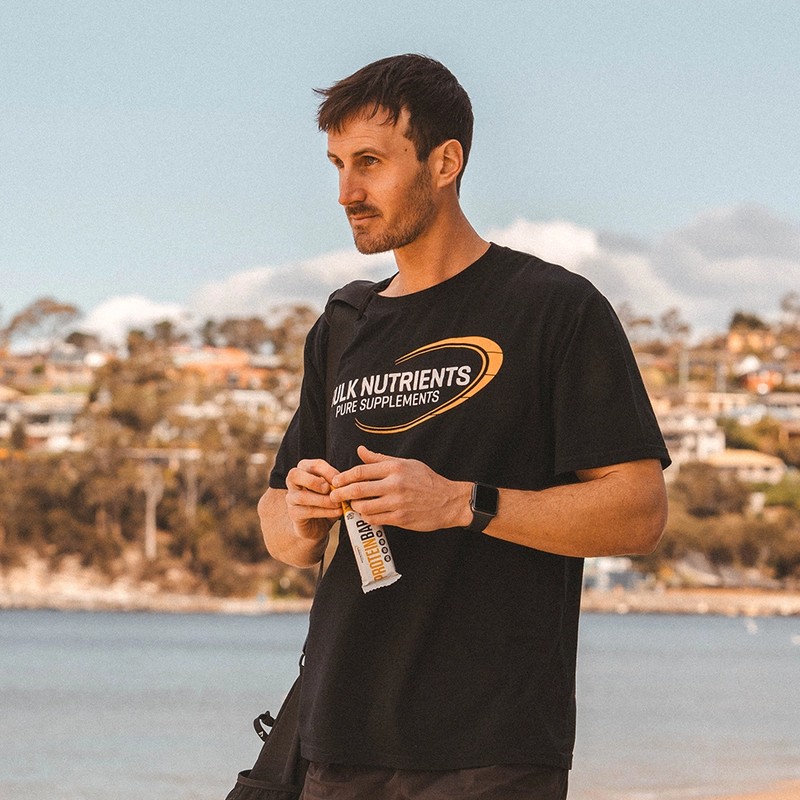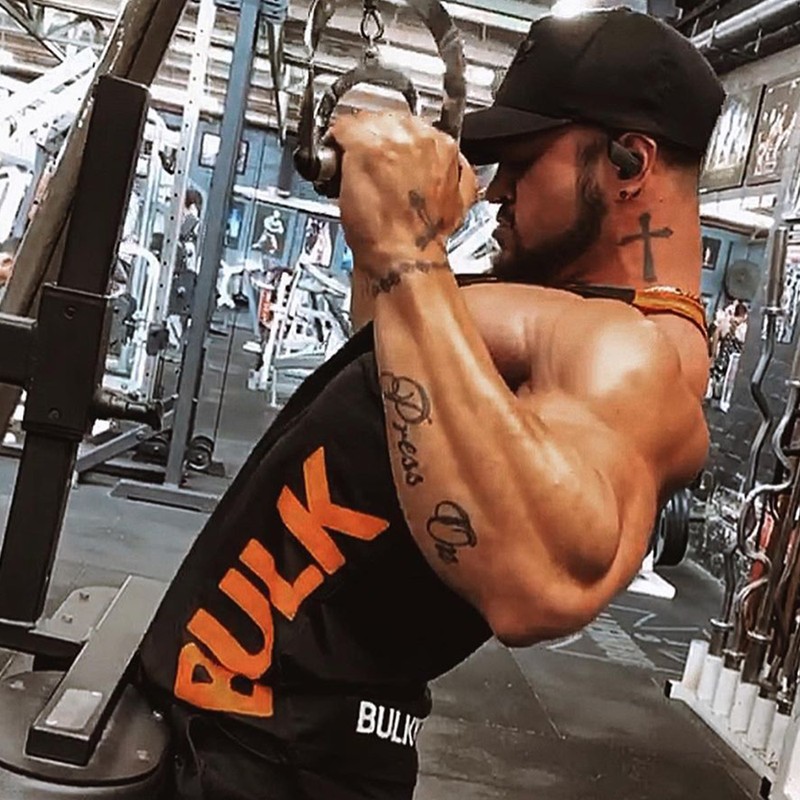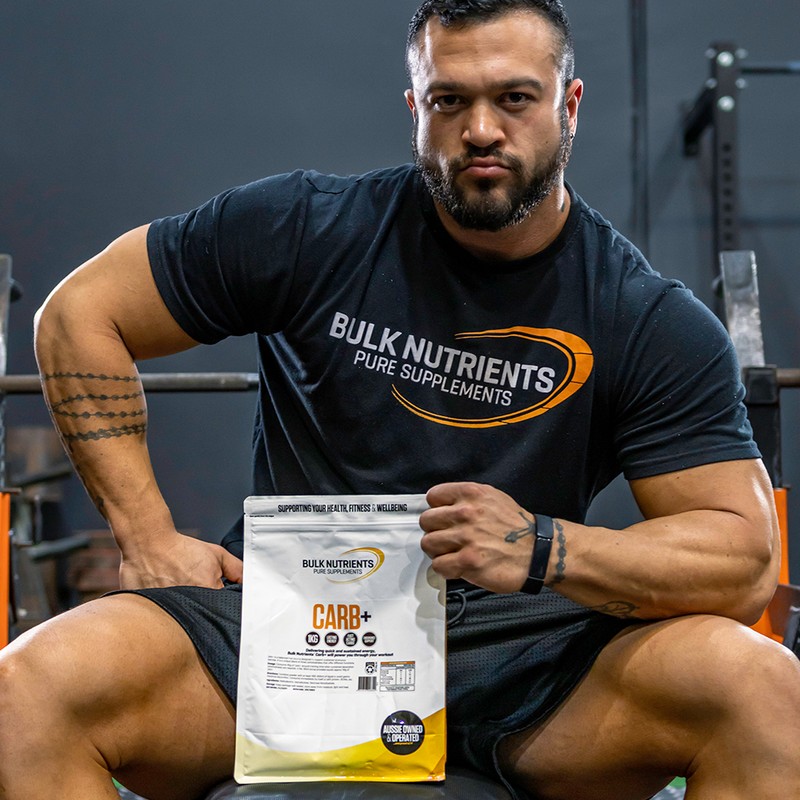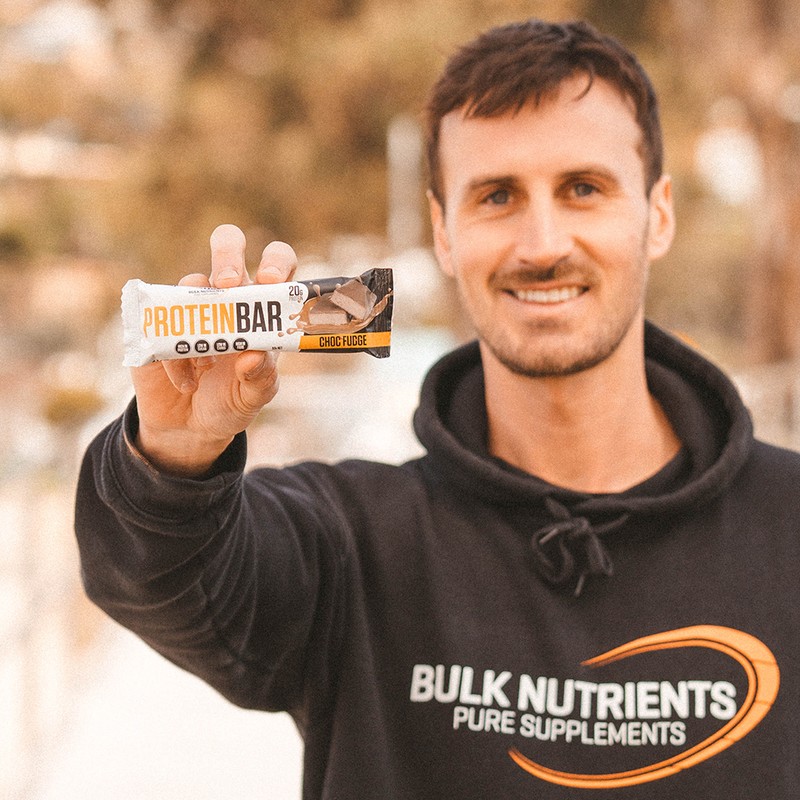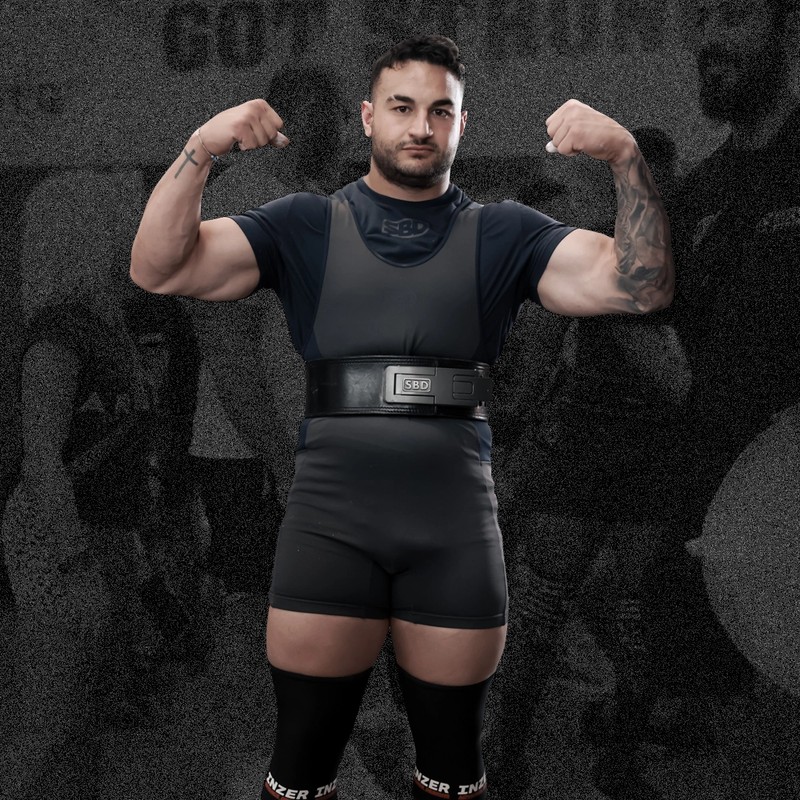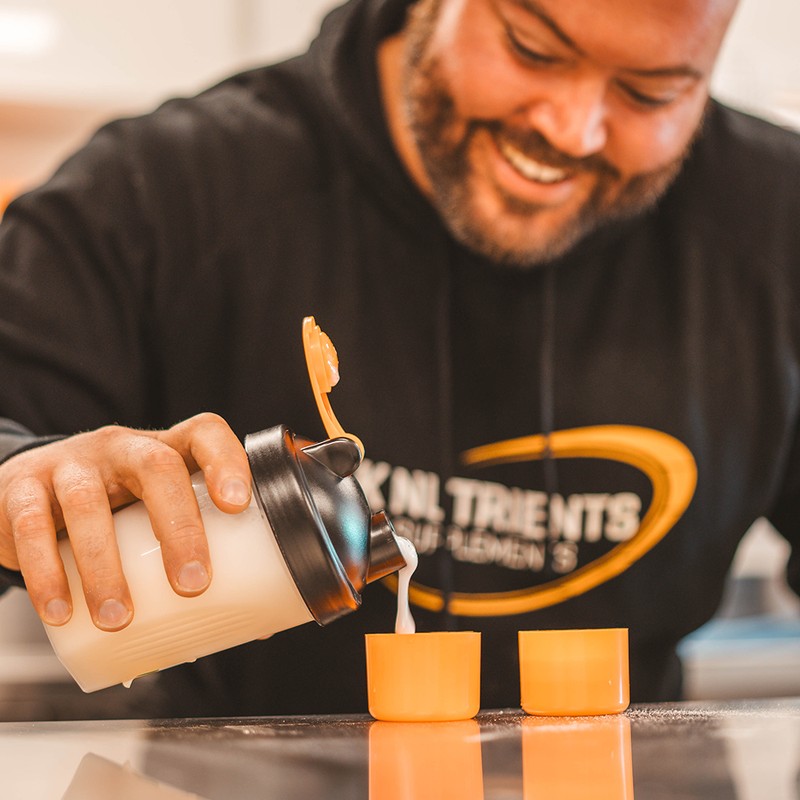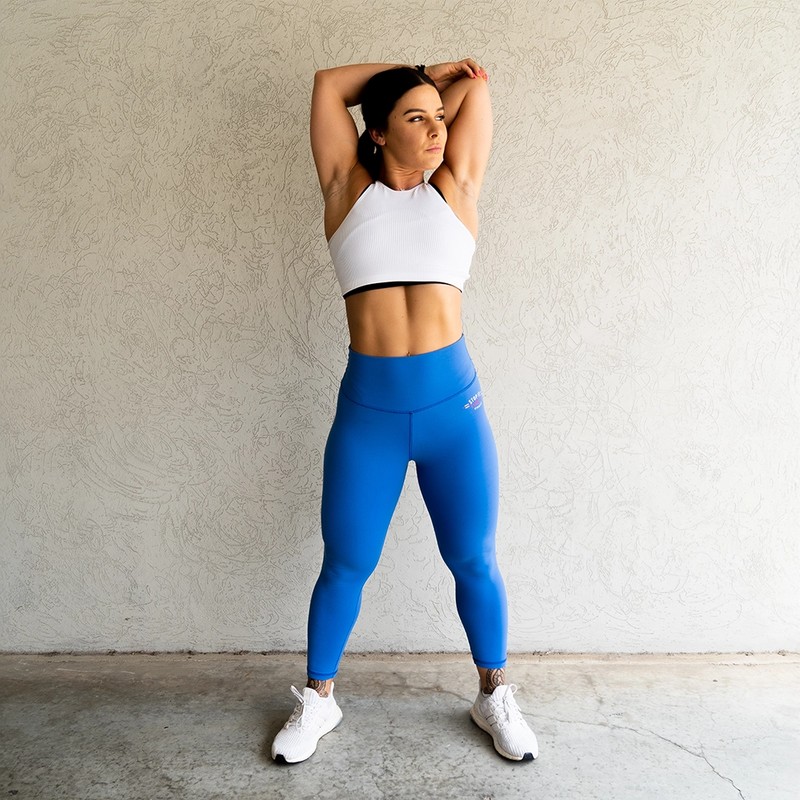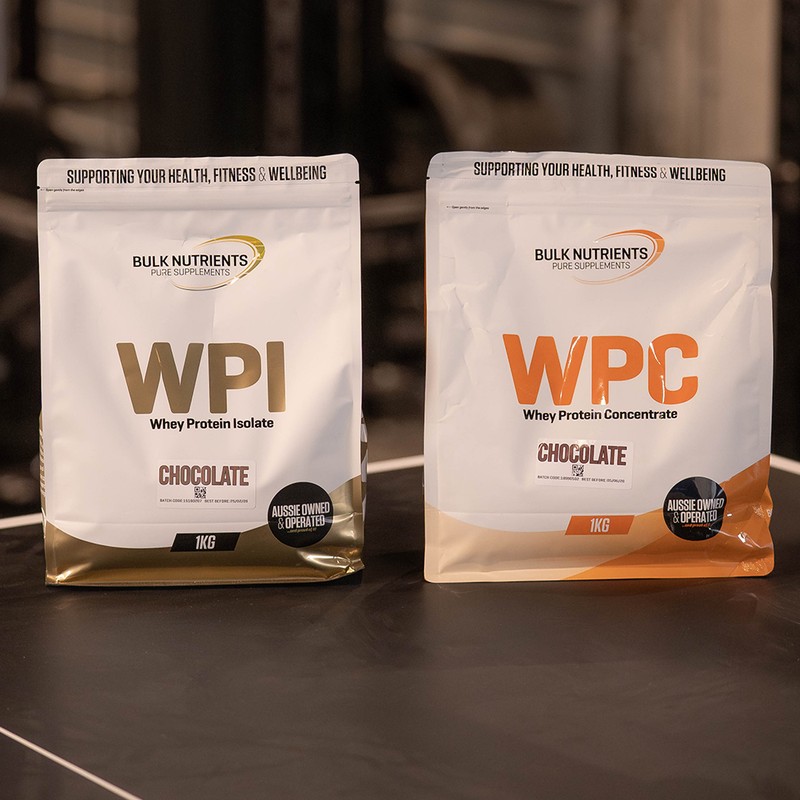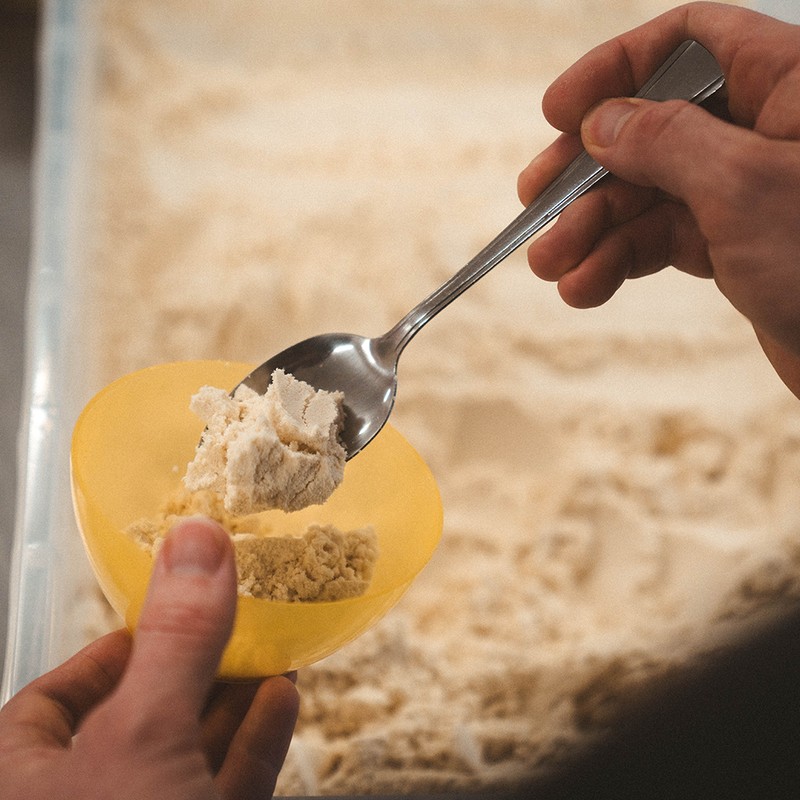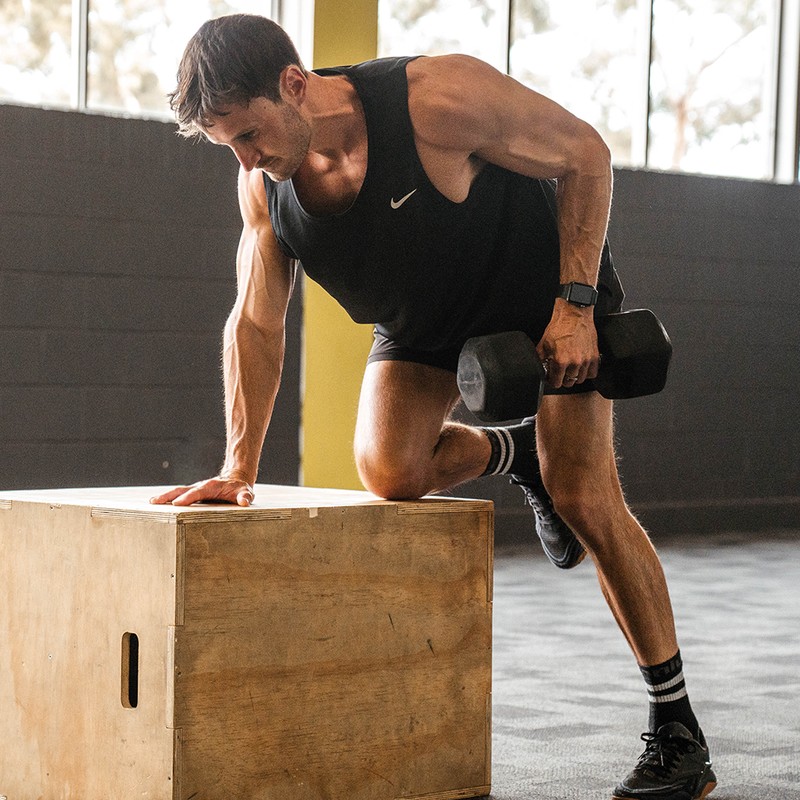Nicole Frain: Fueling for Endurance Sport - Plant Based Diet
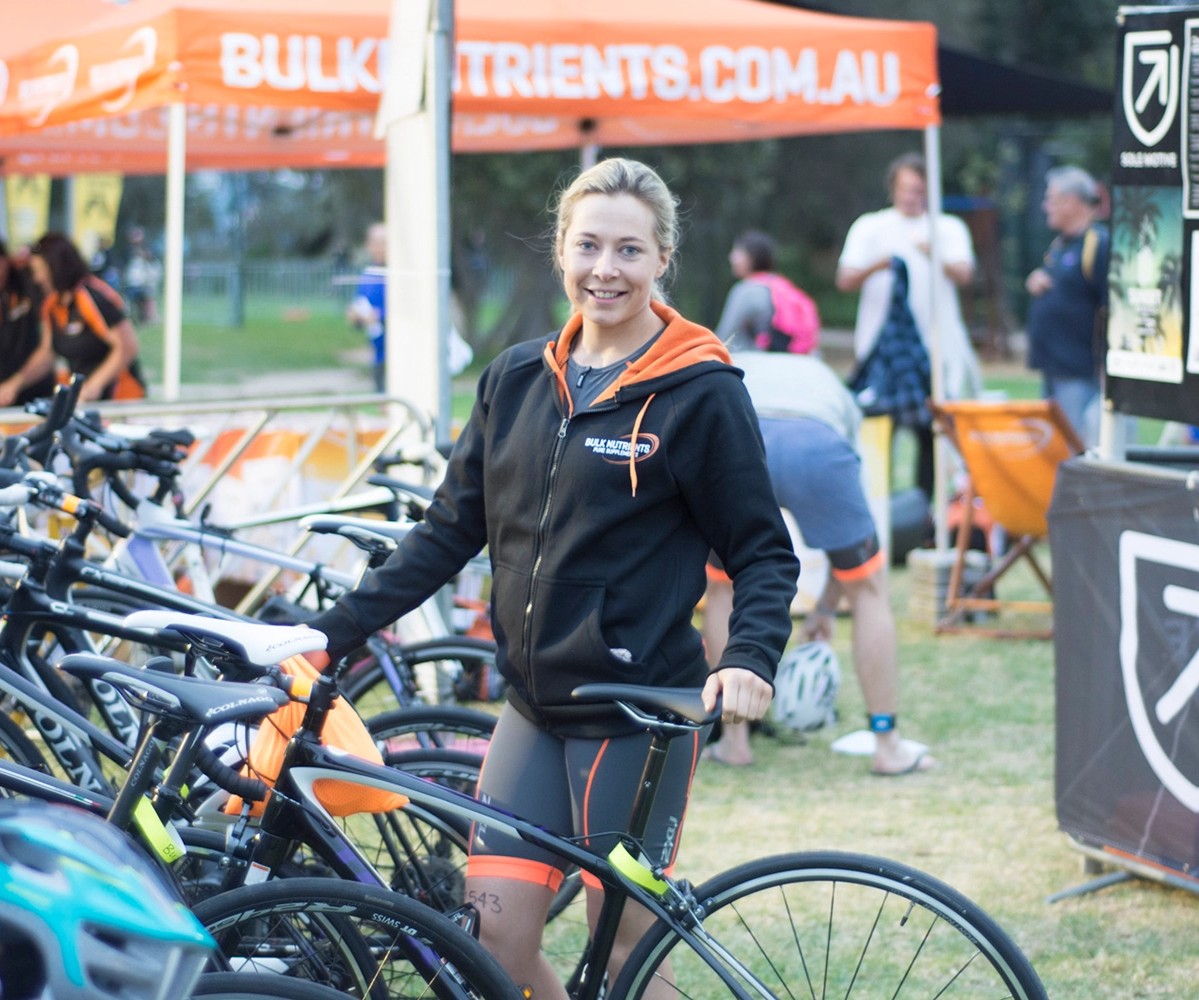
Nicole Frain’s sporting background
In the past, Nicole competed in fitness competitions at both state and national levels. She started out with INBA (now ICN) and later competed in the WBFF (now FMG) Bikini Division. Although Nicole had some success, she loved pushing herself and wanted a new challenge to tackle.
Through a group triathlon sign up at work, Nicole discovered a new passion. Along with several work colleagues Nicole entered Sole Motive’s Active Tri-Series and after this race, you could say the rest is history. She went on to pursue triathlons for six months after the Active Tri, and achieved some great results too!
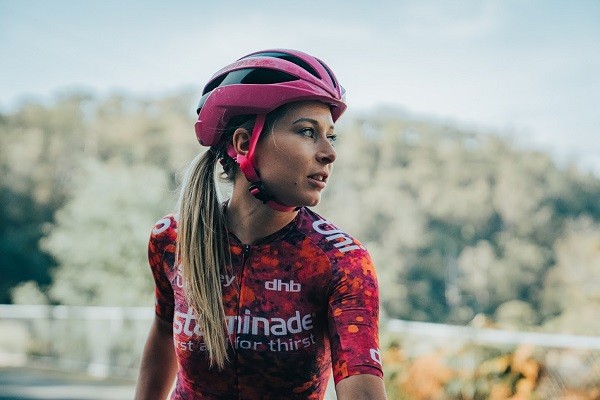
Nicole had a newfound appreciation for pushing her body to its physical limits, rather than focusing on aesthetics. Unfortunately, a series of stress fractures in both her foot and hip meant a break from training for several months but that didn’t mean it was the end of her passion for sport.
After some time off Nicole decided to pursue cycling independently as she much preferred it to triathlon and better yet it didn’t aggravate her injury.
Today Nicole now competes in cycling both locally and nationally and has progressed through several grades, now competing in A Grade Elite Women’s. Just recently she began competing in the NRS (National Road Series) and has big plans for the future.
Q&A with Nicole
How long have you had a plant-based diet?
For about 18 months now. Before this I ate a mainly vegetarian diet, however, I didn’t put a label on it and didn’t restrict myself from meat at events if it was the only option. Today I eat seafood occasionally but primarily use plant-based proteins in my meals.
Did you “transition” or go meat-free, cold turkey?
I kind of transitioned without even knowing I had! As someone close to me was unable to eat red meats (for health reasons) this inadvertently meant I didn’t consume red meats such as steak and lamb, either.
I didn’t miss red meat at all during this time, in fact, I noticed I was feeling much better for it! I started opting for plant-based proteins like tofu and chickpeas more and more often and soon I cut out meat-based options completely.
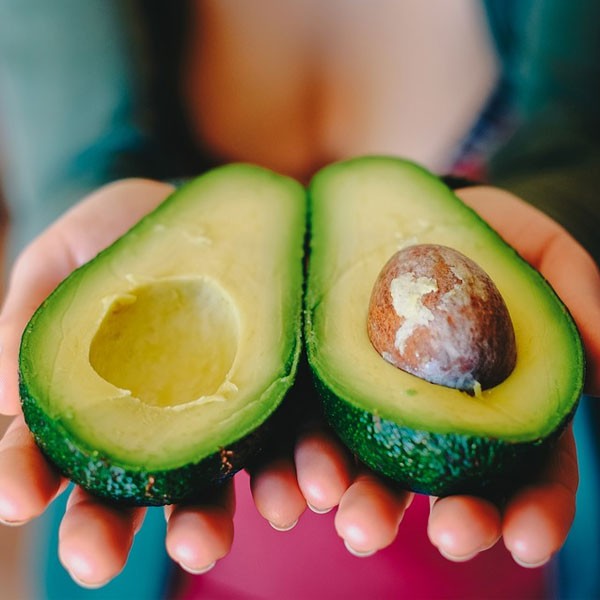
What motivated you to go plant-based? Ie health, ethical reasons.
It became something I ventured into because of those I was around. I was by no means pressured to make this choice, but when you share meals a lot you just end up eating like the other person!
Once I started eating plant-based meals more often I realised how much lighter I felt. Meat made me feel heavy and full whereas I felt lighter after eating a plant-based meal.
While I do have an opinion on animal rights, it was not the sole motivator for me. I like my plant-based diet as it gives me more energy and is very easy to manage.
What are some of the positives you discovered of going meat-free/low meat?
These are the two biggest positives I’ve found;
- I feel better consuming plant foods – more energised and healthier
- I make healthier choices more often – I ‘eat the rainbow’ with a wide range of fruit and veggies
While it’s still possible to consume a highly processed plant-based diet, it does tend to sway me to make healthier ‘real food’ choices as opposed to processed foods. This is a real benefit and makes me feel more energised and healthier. I also don’t come down with sickness as often either and find that my immune system and recovery are in tip-top shape.
Another benefit I’ve found is that I can over-eat on a plant-based diet yet notice little change in my weight and I don’t bloat or retain fluid like I used to.
Eating out is still easy for me too as many restaurants offer vegetarian options as well as seafood dishes which I also eat. Right now plant-based restaurants and cafes popping up everywhere as plant diets gain popularity and they’re usually really good. Plus, if you like cutting down your grocery bill, my meat-free shops are much cheaper!
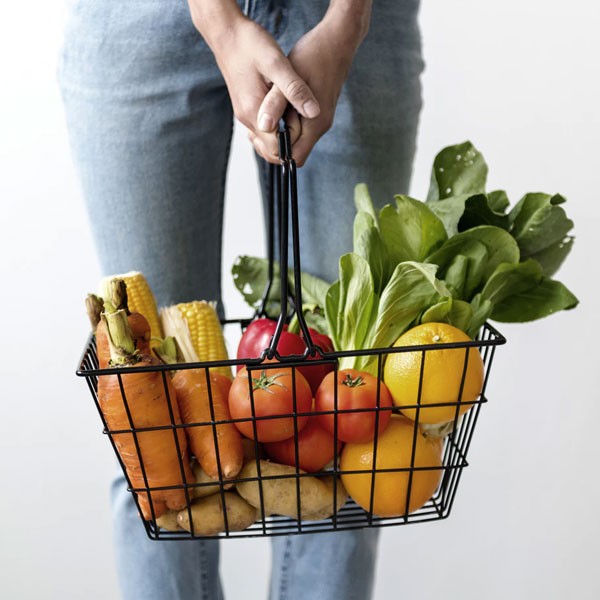
How about the negatives?
I haven’t come across many negatives with my vegetarian diet, however, it’s important to realise that family and friends may not understand why you made the change and there are often many questions asked.
Generally, people seem to be under the impression that it's harder to manage than a meat-based diet. But really, when you become familiar with something it isn’t difficult to manage.
In the beginning, you just need to train your mind to think of different options when it comes to meals. However, this isn’t as easy when someone else is cooking for you! Friends and family tend to get a little stumped about what to cook for me. To counter this I bring my own meal, offer to cook, or we have seafood.
I think this confusion stems from education and childhood upbringing. We are forever told ‘meat and three veg’ and images of meats are used to indicate our protein sources so it’s easy for people to be confused with plant-based diets.
Is it harder to maintain muscle mass?
I haven’t found energy levels or muscle mass to be affected, but I have never been an overly muscular person either. As I compete in more endurance-based sports muscle mass and growth isn’t a goal of mine.
I do make sure all my meals have a protein source, and that this varies from meal to meal. This might be tofu, tempeh, chickpeas, beans, a meat substitute or fish. This ensures I am still getting a broad range of protein, nutrients and enough to maintain muscle, aid growth and recovery.
Do you ever think you will go back to a diet including more meat and animal products?
No, I generally don’t miss meat and I think society is only becoming more accepting and accommodating of such lifestyles that it will be easier and easier to manage.
I have on occasion found I miss meat like lamb, but I can enjoy all the veggie sides that go with a roast!
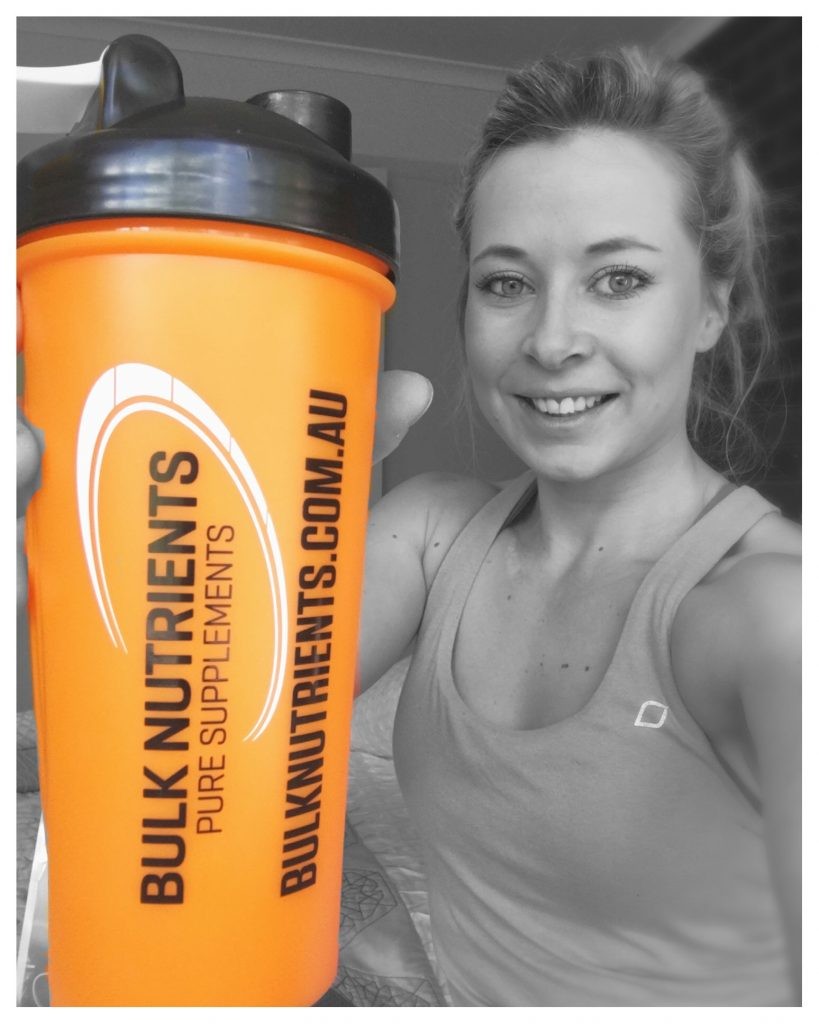
In your mind, what is the best “compromise” for your lifestyle?
I think I have a good compromise of what ‘most’ of the population do vs what I am trying to do. I don’t ask people to cook certain food for me and will eat the plant-based foods around me if people aren’t aware.
I don’t get too concerned about a plate that has meat on it touching my vegetables and will eat around them. I consume some dairy products like cheeses, cream and ice cream, but I aim to leave them for special occasions and tend to opt for non-dairy kinds of milk for my day to day lifestyle.
I’m not forever trying to convince others to follow my choice, I have found what works for me and that doesn’t mean it will work for everyone! I think if you are looking to move into plant-based diets, you must be prepared for change and some questions from others. Foods won’t be the same and sometimes it takes a little more effort but making small changes can make the process easier.
Nicole’s top three supplements
- Nicole takes Earth Protein after her training sessions and adds it to her morning smoothies. This helps to increase her protein intake and aids in recovery after training sessions.
- Nicole drinks BCAA Recovery on the daily! It helps her maintain hydration levels as well as reducing her risk of cramping while she is involved in sport. Nicole finds BCAAs improve her recovery and is more enjoyable to drink than just plain water.
- Nicole takes ZMA every night to help her recovery and ensure a good night’s sleep.
Nicole’s advice for making the switch
If you are looking to move into plant-based diets, you must be prepared for change and some questions from others. Foods won’t be the same, and sometimes it takes a little more effort, but making small changes can make the process easier. Good luck!
Related Blogs
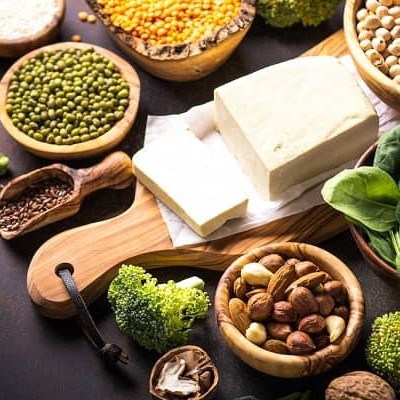
The Best Sources of Plant Protein for Vegans
Posted by Bulk Nutrients
Estimated reading time: 6 minutes

The Benefits of a Plant-Based Diet for your Gut
Posted by Bulk Nutrients
Estimated reading time: 5 minutes
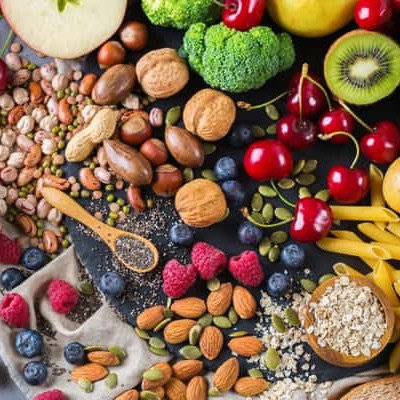
The Benefits of Plant-Based Food and Proteins
Posted by Ben Crowley
Estimated reading time: 7 minutes
